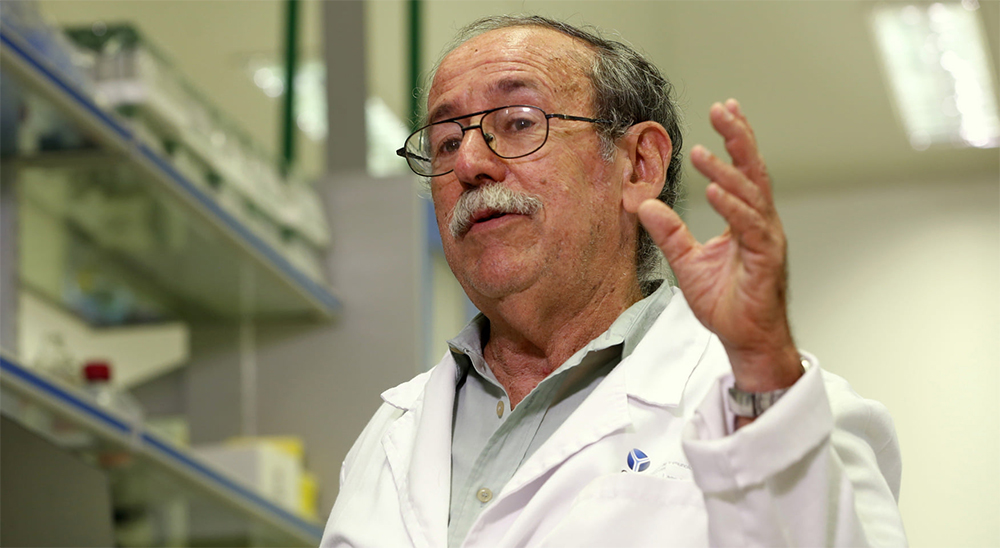The recent publication in the Official Gazette (No. 78-2024) of Decree-Law 88 “On micro, small and medium-sized enterprises” (SMEs) fuels the discussion on the subject.
As of July 2024, the country registered 11,044 private SMEs and only 222 state-owned ones; “this imbalance requires a special analysis,” suggested the Academician of Merit of the Cuban Academy of Sciences.
In general, the entire business network is small, with a density of 1,896 entities per million inhabitants; that is, lower than the world and Latin American benchmarks. Thus, 61 percent of the Gross Domestic Product (GDP) is due to the budgeted sector and not to the business contribution, unlike what happens in other parts of the world, said the advisor to the president of the Biocubafarma business group for scientific and commercial issues.
The figures denote the relevance of having many more companies, including MSMEs, but the issue is not strictly quantitative at all, the qualitative features should be addressed.
According to him, the great majority of MSMEs that have emerged in recent years “are not state-owned, but private; they are not high-tech, but low-value added; they are not productive, but commercial; they are not export-oriented, but import-oriented.”
On a national scale, there is an encouraging and successful experiment of a very different nature in the branch of biotechnology and the pharmaceutical industry, he contrasted.
“The experiment, he reasoned, is done and the conclusion is clear: the type of MSME that we need, productive, with high technological content and export orientation, is not going to emerge spontaneously from the private sector. It has to be a conscious construction of the state sector.”
The human capital for this task exists: Cuba, he argued, invests 8.5 percent of GDP in education, in percentage terms more than Denmark, Sweden and Belgium, to cite just a few examples of countries with advanced technology industries.
We also have scientific groups capable of assimilating advanced technologies or even creating them, recalled the doctor in Medical Sciences.
In the opinion of the specialist, the promotion of new state MSMEs is not only a task of updating the national economic model: “It is part of the defense of socialism in the context of an increasingly technological and globalized world economy.”
Furthermore, international experience demonstrates the role of the State in the few countries that have managed to move from underdevelopment to industrialization, Lage explained in his article “Small State Enterprises and Socialism,” published by Cubadebate.
ef/rgh/mjm









